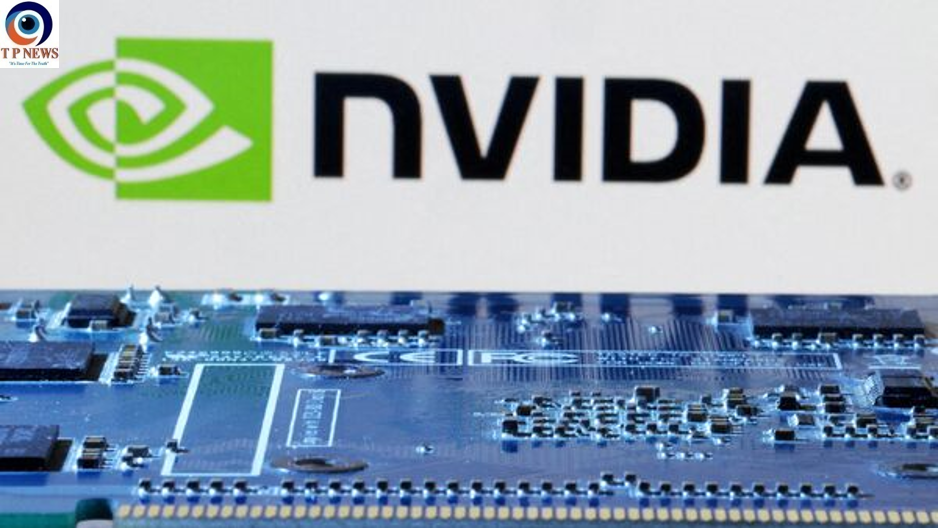NVIDIA Corp., renowned for its cutting-edge technology and the world’s most expensive stock in the S&P 500 Index, recently faced a staggering $220 billion selloff, cutting short its reign as the world’s most valuable company. With shares trading at approximately 23 times the company’s projected sales over the next year, the company finds itself at the center of a valuation conundrum.
The AI Boom and Its Uncertainties
NVIDIA’s meteoric rise has been fueled by the AI boom, which has driven unprecedented demand for its chips. Over the past year, the company’s revenue has consistently outstripped Wall Street’s quarterly financial estimates. However, this surge comes with significant uncertainty. Even Wall Street analysts and NVIDIA executives are finding it challenging to predict the company’s future revenues accurately, complicating investor efforts to determine whether NVIDIA’s shares are overpriced.
Since the fiscal quarter ending April 2023, NVIDIA’s sales have exceeded its own forecasts by an average of 13%, more than double the average over the past decade. In August, the company’s sales surpassed projections by 23%, the largest margin since at least 2013, according to Bloomberg data.
Supply Chain Constraints and Revenue Modelling
Brian Colello, an analyst at Morningstar, emphasizes that the most uncertain variable for NVIDIA is supply, especially amid soaring demand. This challenge complicates revenue modelling for the chipmaker. Last month, Colello raised his price target for NVIDIA shares from $91 to $105, with shares currently trading around $127. He estimates up to $4 billion could be added to NVIDIA’s quarterly revenue to forecast the upcoming quarter’s sales.
Colello acknowledges the difficulty in accurate forecasting, saying, “I’m not the first analyst to raise my price target or be surprised by revenues far ahead of what we thought a year ago.” He is not alone in adjusting estimates; Melius analyst Ben Reitzes recently increased his price target on NVIDIA for the fifth time this year, from $125 to $160, suggesting a 26% gain from Friday’s closing price.
Market Momentum and Investor Sentiment
Many traders are buying NVIDIA stock based purely on momentum. The stock has surged 156% this year, briefly surpassing Microsoft Corp. to become the world’s most valuable company at $3.34 trillion. This rally contributed to a record $8.7 billion inflow into tech funds in one week, according to Bank of America Corp.’s analysis of EPFR Global data. However, NVIDIA shares have since fallen 6.7%, wiping out over $220 billion in market value.
The Challenge for Discounted Cash Flow Models
For investors focused on discounted cash flow models, the discrepancy between estimates and actual results creates a significant challenge. Over the past five quarters, analysts’ estimates for NVIDIA’s sales have deviated from actual results by an average of 12%, the third highest among S&P 500 companies with average quarterly revenue of at least $5 billion and coverage by at least 20 analysts.
With major customers like Microsoft planning to increase spending on computing hardware, NVIDIA is projected to achieve a profit of $14.7 billion on sales of $28.4 billion in the current quarter, up 137% and 111%, respectively, from the same period last year. In contrast, Microsoft’s sales are expected to grow by 15%, while Apple’s projections are around 3%.
Future Outlook and Valuation Concerns
Despite NVIDIA’s high valuation multiples, they seem more justifiable given the company’s rapid growth, especially since estimates have consistently been low. However, Michael O’Rourke, chief market strategist at Jones Trading, cautions that as NVIDIA’s growth rate starts to stabilize due to its size, the degree to which it surpasses Wall Street’s expectations will likely diminish. This could make it harder to justify the current high price of its shares.
As NVIDIA navigates these turbulent waters, the key question for investors remains: how to determine a reasonable price for a stock exhibiting such exceptional profit and sales growth compared to its large-cap peers. The coming months will be critical in assessing whether NVIDIA can sustain its high valuation or if market corrections will continue to challenge its position.












